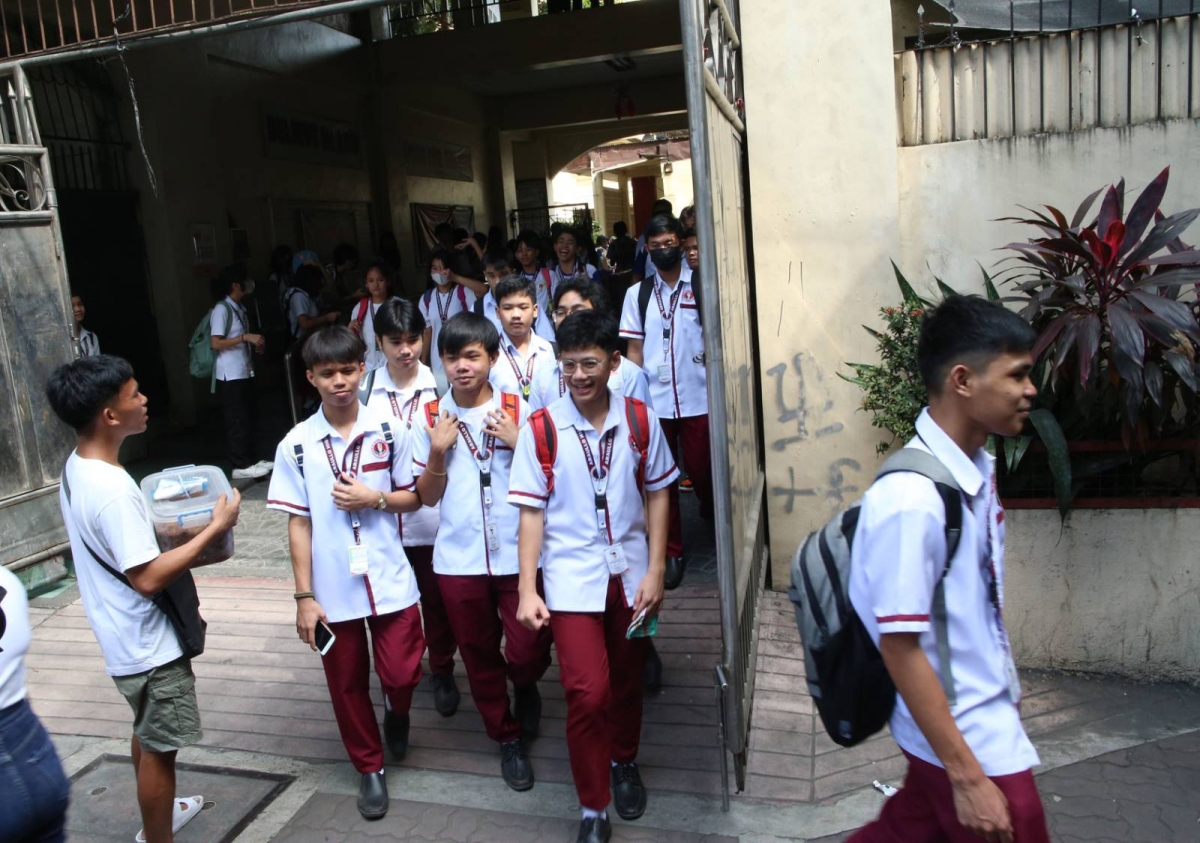A lawmaker has recently introduced a significant measure aimed at improving the safety and security of students and teachers in schools across the country. House Bill 9260, also known as the “Campus Security Act,” proposes the mandatory installation of closed-circuit television (CCTV) cameras in every school campus nationwide. This initiative comes in response to the increasing incidence of violence and untoward incidents on school premises.
Pinuno Party-list Representative Ivan Howard Guintu, the author of HB 9260, emphasizes the need for strategic CCTV camera placement to capture photos and videos of potential or actual crimes. In his explanatory note, Guintu cites a report from the Commission on Human Rights, which highlighted the rising incidents of violence in schools. The report calls for enhanced safety measures to prevent similar incidents in the future.
The types of violence mentioned in the report range from stabbings and accidental shootings to bomb threats in both elementary and high schools. Guintu also references a statement from the United Nations, which emphasizes that school-based violence has a detrimental impact on academic achievement and future employment prospects. The continuous occurrence of violent incidents disrupts the learning environment and negatively affects the well-being of students.
The primary objective of HB 9260 is not only to deter crime and violence but also to assist law enforcement authorities in apprehending perpetrators. The bill mandates schools to collect information on campus crime statistics and policies, which will be included in an annual report. This report will outline campus procedures and facilities for students, as well as document criminal actions or emergencies that occur on the premises. Such comprehensive reporting will enable schools to evaluate and enhance their response to incidents effectively.
To ensure the successful implementation of the proposed law, the budget for CCTV installation and maintenance will be sourced from the annual budgets of the Department of Education (DepEd) and the Commission on Higher Education (CHEd) for public schools. Private schools will utilize their corporate budget for this purpose. Additionally, HB 9260 emphasizes the importance of data protection and mandates that schools safeguard the personal and sensitive information collected through the CCTV system. Personnel responsible for handling this data will receive training on relevant data privacy and protection laws, in accordance with the Data Privacy Act of 2012.
To facilitate the proper implementation of the bill, the Department of Education, the Commission on Higher Education, and the Department of Budget and Management will collaborate in creating the necessary rules and regulations. These guidelines will ensure that the provisions of the bill are effectively implemented and adhered to by all educational institutions.
House Bill 9260 is currently pending at the House Committee on Basic Education and Culture. Once enacted, this legislation will significantly contribute to the overall safety and security of students and teachers in schools nationwide. By mandating the installation of CCTV cameras and promoting comprehensive reporting, the bill aims to create a secure learning environment that fosters academic achievement and personal well-being.
In conclusion, the Campus Security Act, represented by HB 9260, is a vital step towards addressing the growing concerns of violence in schools. By leveraging CCTV technology and implementing comprehensive reporting, this legislation aims to enhance campus security and ensure the safety of students and teachers. Through the collaborative efforts of relevant government agencies and educational institutions, the provisions of this bill can be effectively implemented, fostering a conducive learning environment for all.







